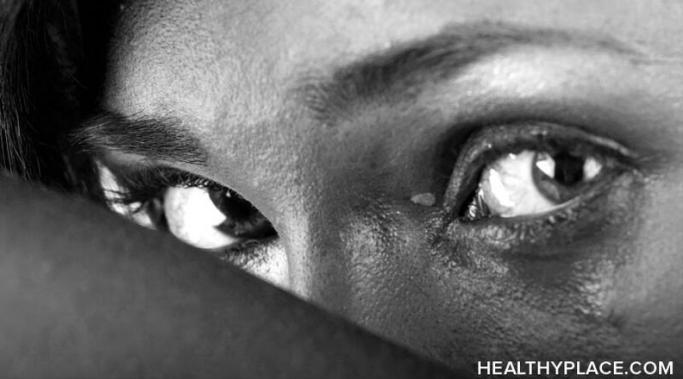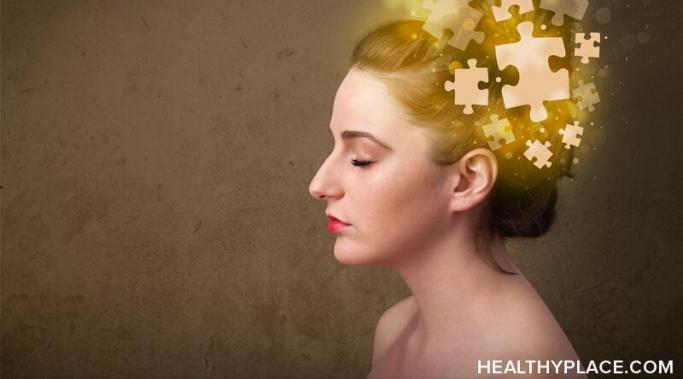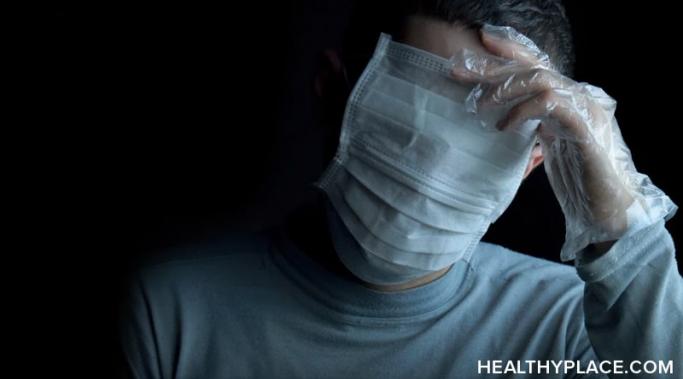Disclosing a schizophrenia diagnosis can be a daunting decision to make. At work, it can be helpful or harmful. In your personal life, it can be scary. But, disclosing schizophrenia at work can be a necessity. In the workplace, it can be the difference between getting the proper accommodations or not. The Americans with Disabilities Act will protect you at work. Disclosing will give you the rights you need to receive accommodations. It can be a weight off your shoulders. You can even be a resource for others with disabilities. Living with schizophrenia can help others to connect with you by allowing them to share their stories with you.
Creative Schizophrenia
When people ask me how my knee surgery for a torn meniscus went, the first thing I blurt out is that I had a nightmare while under anesthesia. Talk about being socially awkward. I definitely wasn’t expecting that to happen, but when you live with schizoaffective disorder, I guess all terrors of the mind are possible.
By the time you read this, all the events described here will have been resolved. I am writing on March 5. In less than a week, I will have surgery for a torn meniscus in my knee. Part of me is glad I’m having the surgery, but the schizoaffective in me is freaking out.
Talking about hallucinations brought on by schizophrenia can be triggering to some. For others, it can be therapeutic to discuss their experience. Living with and managing hallucinations can be a process. What is a hallucination? A hallucination can be described as seeing, hearing, or feeling something that isn't there. There are visual hallucinations, auditory hallucinations, tactile, and other sensory hallucinations.
A New Year’s resolution this year turned into an exciting photo project, and it’s doing wonders for my schizoaffective disorder. Here’s how photography is helping my schizoaffective disorder.
Grief is not a one-size-fits-all thing. Going through the stages of grief with schizophrenia can be emotionally taxing. When going through the stages of grief, it is important to remember that everyone takes their own amount of time.
A week ago today, I had a beer. It was the first time I’d had an alcoholic beverage in years. It made me feel good, and I toyed with the idea of occasionally imbibing, but I decided not to. Here’s why this schizoaffective won't be drinking.
Schizophrenia is a spectrum disorder. Some people experience acute symptoms, while others experience mild to no symptoms. When you begin to notice signs of schizophrenia, it's best to reach out for help. I did, eventually, and I found an intensive outpatient program (IOP) that has helped me and that I enjoy.
Schizophrenia and self-harm aren’t always coupled, but it can be a dangerous situation when they are. For example, triggers from hallucinations can stress you out and make you think self-harm is a good idea. It’s never a solution, but it is often turned to as one. Some studies suggest that one in five females and one in seven males engage in self-harm, and about two million cases are reported each year.
Sometimes, I feel I have to either be vigilant about not contracting COVID or be vigilant about my schizoaffective disorder/mental health. I have to be vigilant about both, of course, but this can be a struggle.









